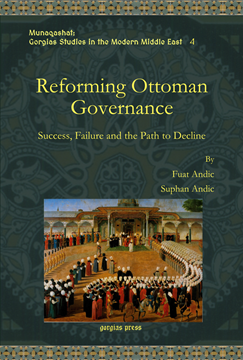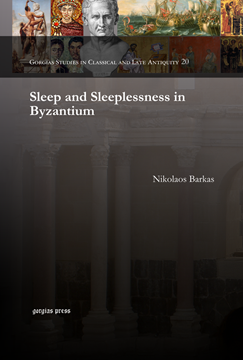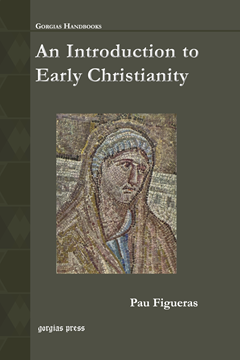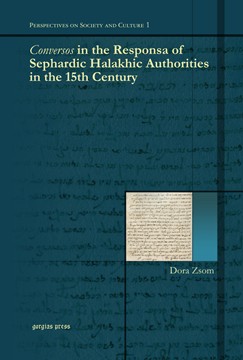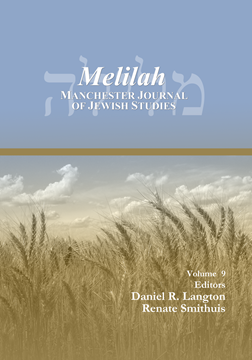Astronomie et cosmographie syriaques
Recueil d'articles de François Nau
Introduits et annotés par Emilie Villey & Henri Hugonnard-Roche
ISBN: 978-1-4632-0235-4
Cette série s’ouvre par la réédition d’articles de François Nau, publiés entre 1896 et 1910 dans la Revue de l’Orient chrétien et le Journal asiatique. L’œuvre de François Nau au service de la culture syriaque est immense et toujours consultée, tant il s’est consacré à la publication de textes qui n’ont souvent pas encore été repris ailleurs. Il a donc semblé utile de les republier dans une série de volumes thématiques, qui couvriront tous les champs de la culture syriaque.
$165.00 (USD) $99.00 (USD)
Reforming Ottoman Governance
Success, Failure and the Path to Decline
By Fuat Andic & Suphan Andic
ISBN: 978-1-4632-0236-1
The book is the history of reform attempts in the Ottoman Empire and the internal and external difficulties in implementing them. Imperialist aggression towards the Empire and bloody janissary revolts hampered the reforms, and although some successes in governance were achieved, there were many failures, and these contributed to the demise of the Empire at the end of the First World War.
$169.00 (USD) $101.40 (USD)
Sleep and Sleeplessness in Byzantium
ISBN: 978-1-4632-0237-8
In recent decades certain historians have intimated that Byzantine society - and monastics in particular - suffered from a lack of sleep (whether described in negative terms as sleep deprivation or sleep abstinence). Sleep-abstinence surely permeated Byzantine society: it is encountered in every age, sex and class, together with its institutions, beliefs, practices, rituals, morals and mythologies. However, sleep is a biological phenomenon as well. One cannot possibly appreciate the Byzantines' stance towards it, nor assess the veracity, aims and effectiveness of their ideas and attitudes in relation to sleep-abstinence, unless one is ready to tackle the biological aspect. Moreover, without the biological aspect, the claim that the Byzantines were sleep-deprived is impossible to substantiate. This book approaches this subject by using a bio-cultural method, which combines sleep medicine with theology, history, and critical research, in order to analyse the practice of sleep-abstinence and the attitudes towards sleep in Byzantium. Focusing on Greek documentary sources, this book investigates whether Byzantines did indeed practice sleep abstinence or sleep deprivation, and their rationales for curtailing their sleep. Chapters cover the mechanics of sleep in the modern world and in the ancient world, the place of monastic vigil, and the vigil of the laity.
$169.00 (USD) $101.40 (USD)
An Introduction to Early Christianity
By Pau Figueras
Series: Gorgias Handbooks 32
ISBN: 978-1-4632-0238-5
A general introduction to the origin and development of Christianity, from its Jewish background in the land of Israel up to its contribution to the thought and art of medieval Europe.
$84.00 (USD) $50.40 (USD)
Conversos in the Responsa of Sephardic Halakhic Authorities in the 15th Century
By Dora Zsom
Series: Perspectives on Society and Culture 1
ISBN: 978-1-4632-0239-2
This volume presents a systematic and detailed elaboration of the halakhic (legal) decisions written by five of the most important authors who wrote responsa concerning conversos between the years 1391 and 1492. The expulsion was an event that radically changed the perspectives of the Iberian conversos. The halakhic authorities were confronted with an absolutely new situation, in which they had to reformulate their position towards the conversos. This volume presents all the responsa written in connection with conversos by Isaac b. Sheshet Perfet, Simeon b. Ṣemaḥ Duran and his descendants: Solomon b. Simeon Duran, Ṣemaḥ b. Solomon Duran and Simeon b. Solomon Duran.
$148.00 (USD) $88.80 (USD)
Manchester Journal of Jewish Studies (2012)
Editors Daniel R. Langton & Renate Smithuis
ISBN: 978-1-4632-0240-8
Melilah is an interdisciplinary electronic journal concerned with Jewish law, history, literature, religion, culture and thought in the ancient, medieval and modern eras.
$59.00 (USD) $35.40 (USD)

